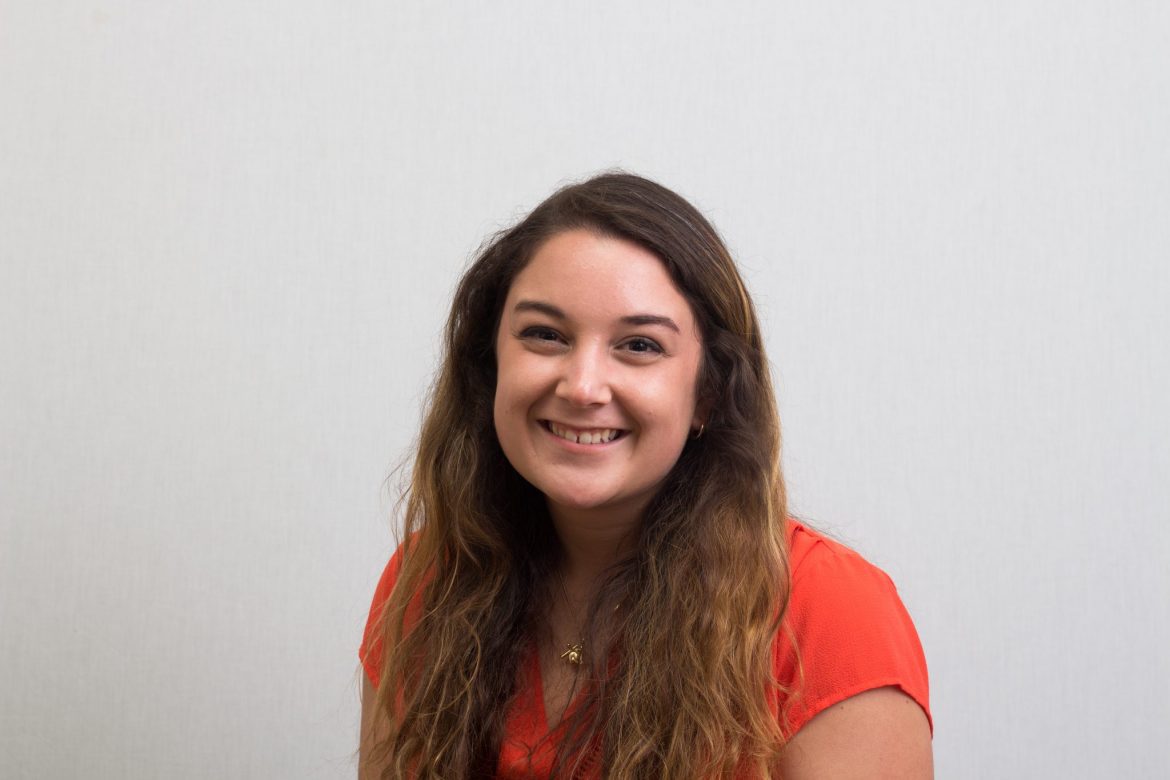Musa rolled up to me while I was walking with a friend to our temporary apartment in downtown Jinja, Uganda. He was a young man, probably in his 20s or early 30s, and performed a few tricks in his wheelchair to get our attention. He asked what we were doing in Jinja and who we were.
I thought he was going to ask us for money. Instead, he asked for our time.
We were late to dinner and would have to meet another time, we told him. We told him where to find us, the Source Cafe, just a few blocks away. I did not actually expect him to show up, but he did.
We found an empty table on the coffee shop patio. Musa hopped out of his wheelchair and with his bent, weak knees he waddled to the nearest chair and climbed up to sit with us. He handed me a worn, black leather journal. He called it his story.
I read the first few pages. He had written about living with polio as a child in a poverty-stricken village in Uganda. Musa said his mother abandoned him, leaving his grandmother to carry him to school every day. Because of this, he was able to complete high school and now educates others about raising children with disabilities.
I began reading his story aloud, two fellow interns sitting with us. He was born in a village in Uganda, and when he was three years old, he was taken for a polio shot. After receiving the immunization, he became paralyzed and was diagnosed with that same disease.
Again, I waited for his plea for money. But he did not ask for much. He just asked us to share his story.
Musa is one of the many people who has influenced me over the last few years. Meeting him helped me understand a purpose for my communication skills. It is for people like Musa that I want to offer my time, expand my cultural awareness and grow in wisdom.
I believe the world is filled with people like Musa –– people who have a story to tell, and a passion for sharing it; people who know there are resources available for their current condition, yet lack the ability to access them.
As I read about Nigerian schoolgirls being kidnapped by Boko Haram, political corruption in Venezuela and constant war in the Middle East, I cannot help but think about the individual people involved and what their stories might be. I wonder if they are like Musa: desperately hoping their stories will be told.
After all, stories are influential. I believe storytelling is the most effective way to change the world, whether that be in print, speech, photography or video. Reading, listening or viewing a story from different perspectives, cultures and political views can help a person to more fully understand the people around them, furthering their ability to effectively influence the world they live in.
I believe this is our job as Christians. How are we expected to share the gospel effectively if we do not understand who it is we are ministering to? This is a concern of mine that grows each time meet a student who does not know what is in the news, who refuses to learn even the brevity of our political climate, and who passes by a Bison staff member without accepting a newspaper.
When we finished reading Musa’s story at the Source Cafe, I thanked him for his vulnerability. Musa said he used his experience to minister and educate parents of children with disabilities. This was his passion.
I was not sure what I could do to help him directly, as I did not have the ability to stay in Jinja and effectively help with his ministry nor partner with him on a project. But I’m thankful for the ability to share his story in some form, so that maybe it will inspire, motivate or change someone or in some way.
